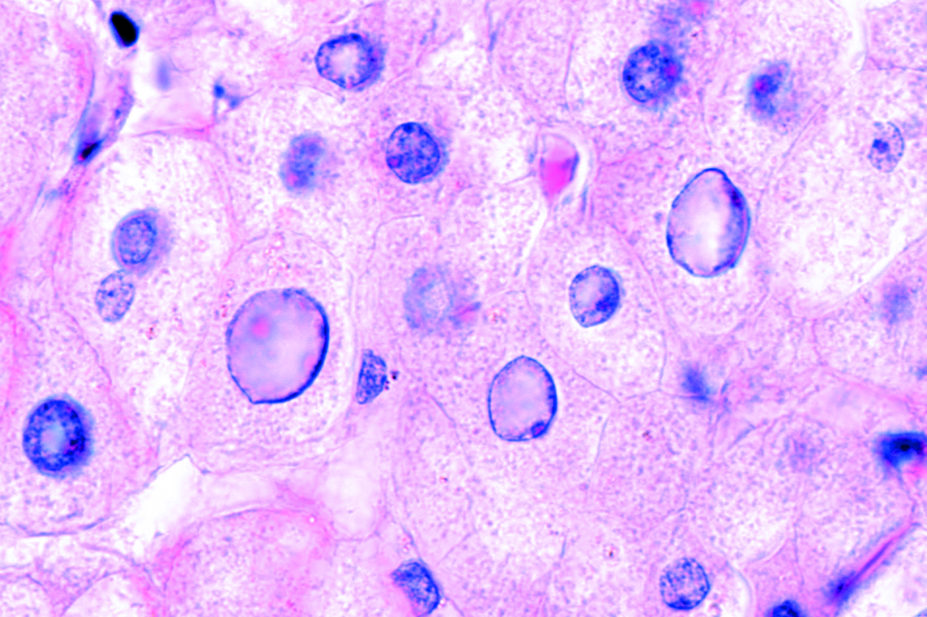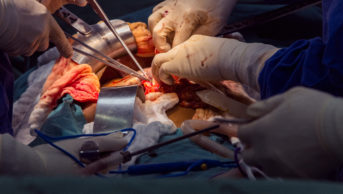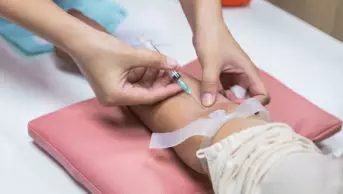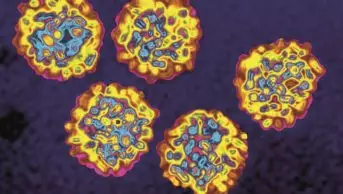
Shutterstock.com
Researchers have found evidence that use of proton pump inhibitors (PPIs) may cause changes to gut bacteria that can promote liver disease.
They also showed a link between liver damage from alcohol abuse and use of PPIs.
Through a series of experiments in mice and humans, the team from University of California San Diego School of Medicine found that the absence of gastric acid promotes the growth of Enterococcus bacteria in the intestine.
The bacteria can then move to the liver, where they exacerbate inflammation and worsen chronic liver disease, the researchers said.
In mouse models that mimic human alcoholic liver disease, the researchers used either genetic engineering or a PPI to block gastric acid production, then analysed stool samples to look at the gut microbiome.
The increase in Enterococcus bacteria in the mice with acid suppression were found to increase the progression of alcohol-induced liver disease, non-alcoholic fatty liver disease (NAFLD) and steatohepatitis.
In a separate study of 4,830 patients with a diagnosis of chronic alcohol abuse — 1,024 active PPI users, 745 were previous users, and 3061 who had never used PPIs — the researchers also found a link between PPI intake and increased stool concentrations of Enterococcus.
They also reported that the rate of liver disease in people who chronically abuse alcohol was 8.3% higher for those who actively use PPIs compared with those who never used the medicines.
Study leader Bernd Schnabl, associate professor of gastroenterology, said: “Our stomachs produce gastric acid to kill ingested microbes, and taking a medication to suppress gastric acid secretion can change the composition of the gut microbiome.
“Our findings indicate that the recent rise in use of gastric acid-suppressing medications might have contributed to the increased incidence of chronic liver disease.
“We believe clinicians should consider withholding medications that suppress gastric acid unless there is a strong medical indication.”


